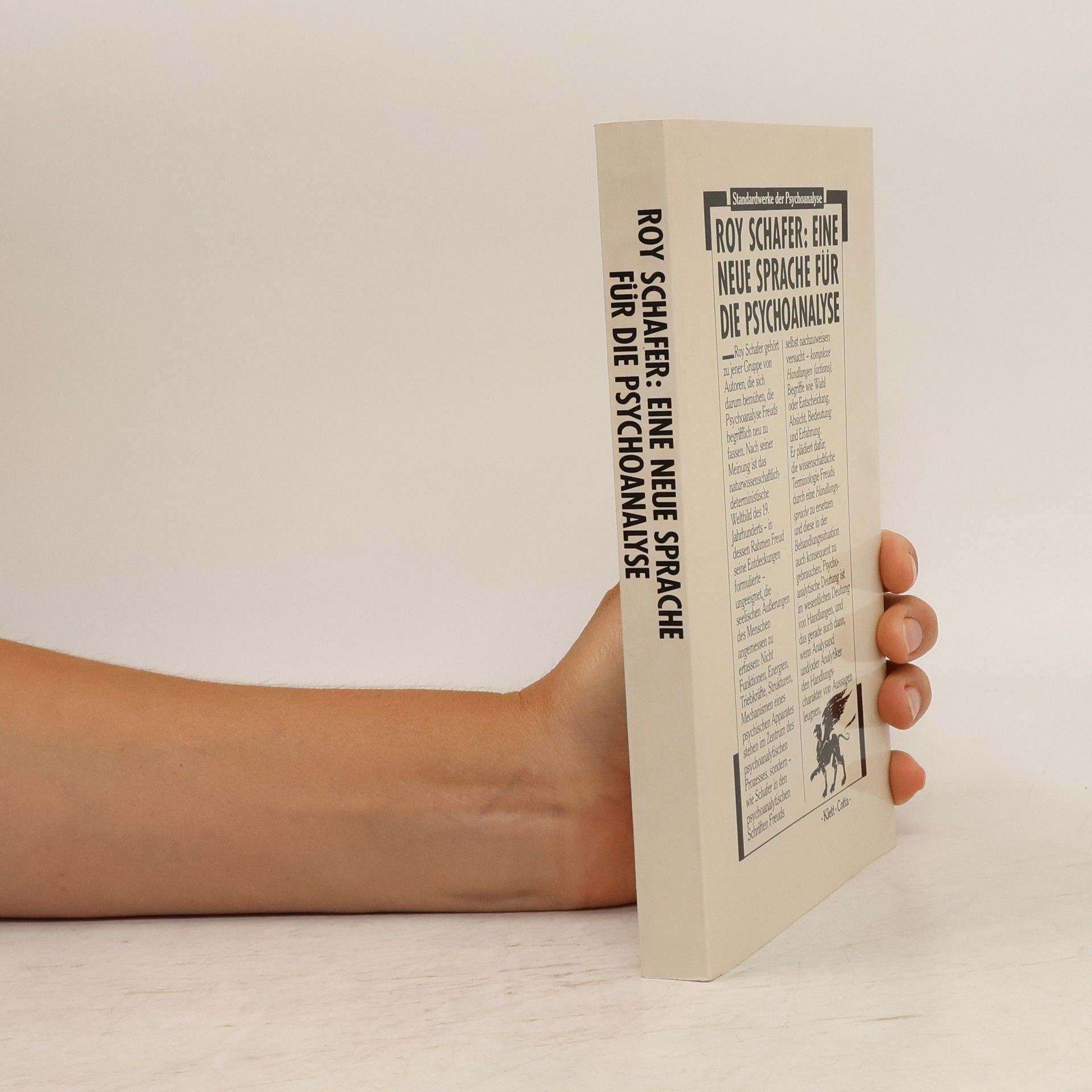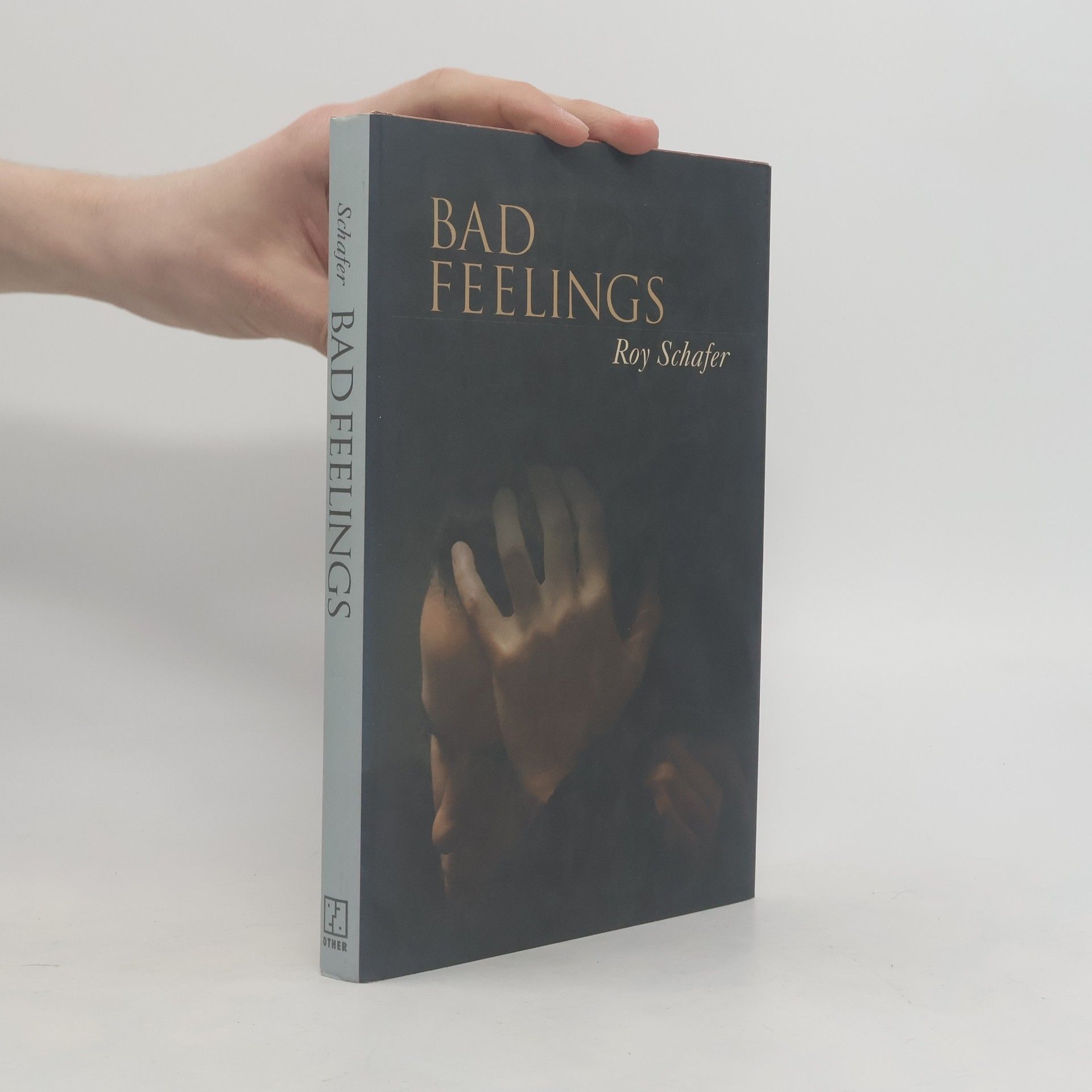Bad Feelings
- 188pages
- 7 heures de lecture
Bad feelings are ubiquitous to human experience. Everyone deals with grief, envy, disappointment, dejection, humiliation, mortification, and anxiety. However, when we consciously push troubling feelings aside and then avoid them, we should be under no illusions that such repression empowers us to lead untroubled lives. The price that we pay, simply, is feeling less alive. Our attempts to avoid feeling pain manifest themselves in feelings of disconnection and numbness. To make matters worse, bad feelings often bring moralistic self-condemnation that arises unconsciously or even consciously: It is bad of you to feel that way! You're being a nuisance to worry about that! Many families even elevate mental health to the status of an Eleventh Commandment. They believe that when they have negative feelings and express them, this constitutes behavioral problems. When they begin to feel anxious, glum, or ashamed, they are stricken with guilt or fears of punishment. Their goal is perfect adjustment, and their taboo is the secret forbidden pleasure hidden by pain. This book demonstrates how psychoanalytic understanding can reduce the painfulness of negative feelings and increase our toler


